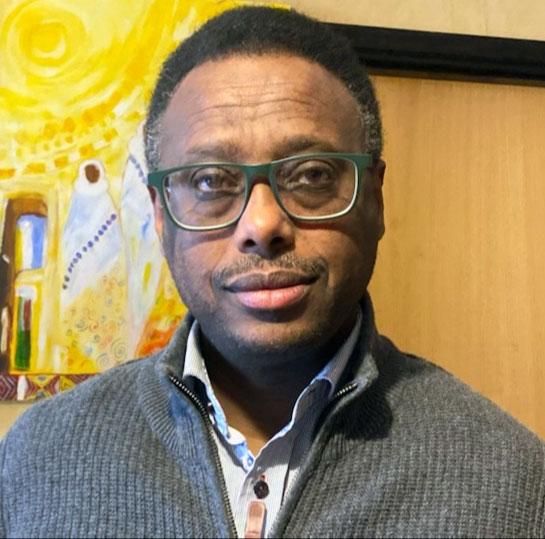CTF blogg: Responsible Management Education and Research
2021-03-30From the perspective that life after the coronavirus never fully will be the same, and we will not go back to “business as usual”, the COVID-19 crisis has highlighted the urgent need to rethink the human ecosystem. The relationship between humanity and nature, and, more specifically, the service ecosystem. While it is clear that the crisis will contribute to a transformation of the world as we know it, dare we hope that it can be transformed into one that is more inclusive and sustainable?
The nature and extent of how this affects business and society, and the need for inclusiveness and sustainability transformation, is an influence for our engagement and activities at Karlstad Business School (KBS) and CTF, Service Research Center, by implementing The Sustainable Developmental Goals (SDGs) – Agenda 2030 for Responsible Management Education (RME), and achieving our mission.
During 2020, KBS, in in cooperation with researchers at CTF, organized and facilitated two digital events to create a platform and advance the RME work “The Nordic Responsible Management Education Symposium” and “The fifth Sustainability Day. The events were also part of KBS’s engagement in the PRME (The United Nations Principles for Responsible Management Education) initiative, a proactive initiative for business schools and other tertiary educational institutions.
The First Nordic research symposium was preceded the PRME Nordic chapter’s annual meeting as a one-day virtual research symposium on RME. Researchers and educators from the Nordic region, Europe, and the USA virtually discussed the broader perspective of sustainability in the Nordics with a focus on the role of the Nordic tertiary institutions towards sustainability.
The annual Sustainability Day at Karlstad Business School is institutionalized in the vision of the business school and it has become a tradition for multi-stakeholder dialogue. It is a meeting place for students, industry, public organizations, and the teaching staff. The theme was “Transformation and Multi-Stakeholder dialogue in the light of the Agenda 2030 SDGs”. The Sustainability and the SDGs are complex and dynamic phenomena, and our focus is on transformation, based on proactive and innovative thinking which results in both a societal and an environmental impact.
Both events are part of our strategic commitment towards sustainability, with a social and ecological value, which is created through our actions and have a significant impact and contribution to our multi-stakeholder dialogue. It is also part of our transformation on providing a strategy for sustainable development and innovation, and a resource for co-creating value. The implementation of SDGs – Agenda 2030 is part of the vision and mission towards a sustainable business model. It plays a key role in cultivating a dynamic relationship between RME and research for societal impact and transformation through multi-stakeholder dialogue.
Through our RME project, we are working on creating a platform for sustainability for researchers and educators, and for students to act responsibly and make a societal impact as future professionals. It is also contributing to the quality assurance for the ongoing AACSB accreditation at KBS.
Samuel Petros Sebhatu
Senior lecturer at KBS and researcher at CTF


